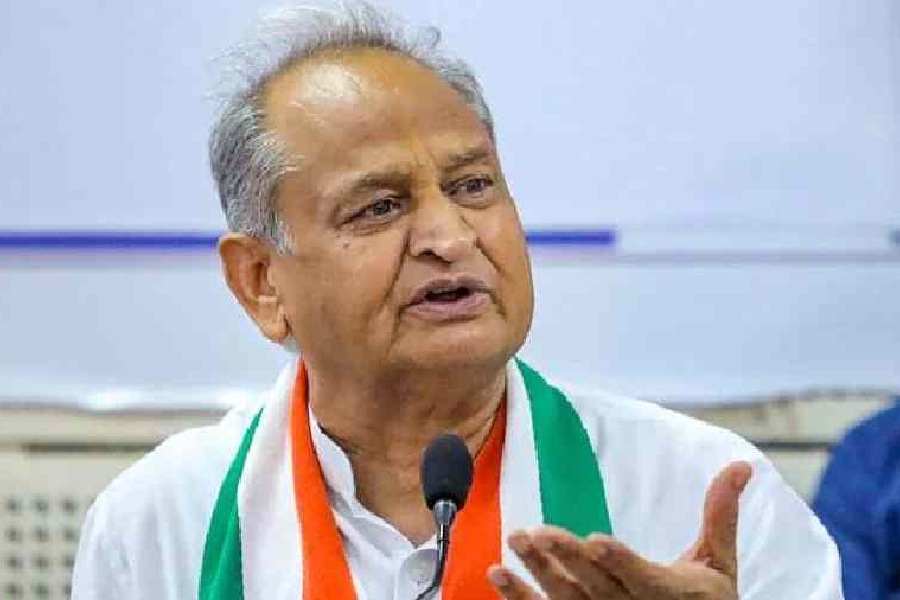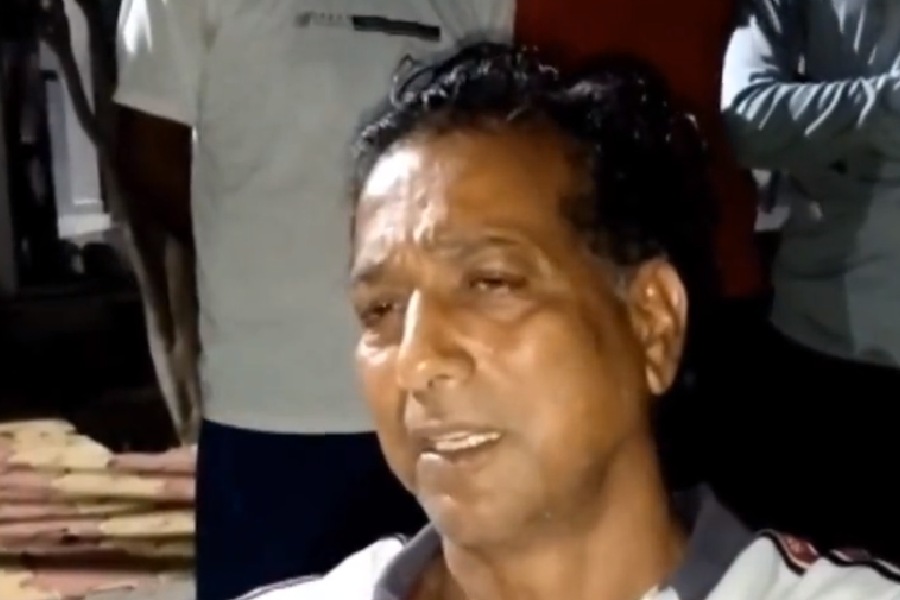Rajasthan has become the first state in the country to pass a bill that assures a guaranteed income to every household through the offer of work or social security pension.
Chief minister Ashok Gehlot told a news conference on Saturday that the rules would be framed by August 15, after which the Rajasthan Minimum Guarantee Income Bill would be implemented. The Assembly passed the bill on Friday.
The bill provides for a Mahatma Gandhi Minimum Guaranteed Income Yojana, which has three components: a Chief Minister Rural Employment Guarantee Scheme, an Indira Gandhi Urban Employment Guarantee Scheme, and a Right to Guaranteed Social Security Pension.
The rural employment guarantee scheme provides for 25 days of work to every rural household over and above the 100 days of work in a year provided under the central government’s Mahatma Gandhi National Rural Employment Guarantee Act (MGNREGA). The workers will receive their wages within a fortnight.
Every urban family too will receive guaranteed employment for up to 125 days a financial year.
The state will ensure that those eligible under the rural and urban job schemes are provided with work within 15 days of applying. An applicant will get an unemployment allowance if work is not provided within the stipulated time.
Rajasthan’s initiative comes at a time the pandemic has underlined the importance of job guarantee schemes for the poor. During the Covid years, the MGNREGA had become the most sought-after avenue for livelihood among the country’s huge population of returned migrant workers.
Gehlot on Saturday criticised Prime Minister Narendra Modi for his comment in Parliament in 2015 that the national rural employment guarantee scheme epitomised the failure of previous governments.
Economists and social activists have demanded that the central government start an MGNREGA-like programme in the urban areas too to help workers in distress. The government has so far not agreed.
Under the Right to Guaranteed Social Security Pension, vulnerable people — those among the old, specially abled, widows and single women who meet certain eligibility criteria — will be entitled to a base-rate pension of Rs 1,000 a month.
The pension will increase by 15 per cent every year. The rules will prescribe the eligibility criteria.
The Union rural development ministry has a National Social Assistance Programme under which nearly 2.7 crore people receive pensions.
People aged 60 to 79 get Rs 200 a month, while people with disability levels of 80 per cent and widows older than 40 receive Rs 300 a month. Once they turn 80, beneficiaries from every category receive Rs 500 a month. The rates have not been revised in the last 15 years.
Several state governments pay additional amounts out of their own pocket. Gehlot said the pension given by the Union ministry was too low.
Asked about the funding for the Yojana, Gehlot said Rajasthan had recorded an 11.04 per cent growth in the state GDP, the second highest after Andhra Pradesh.
“Social security is needed for the country. This is a small step in that direction. We will increase our revenues,” Gehlot said.
He criticised Modi for his comments comparing the atrocities against women in Manipur to gender crimes in Congress-ruled Rajasthan and Chhattisgarh.
“He (Modi) spoke about Manipur after 78 days of violence. The state is burning. The chief minister of that state has said that hundreds of such incidents have happened,” Gehlot said.
“The way the Prime Minister (drew) a parallel with Rajasthan and Chhattisgarh, he attacked the self-respect of the people of Rajasthan.”
Gehlot asserted that law and order in Rajasthan was better compared with many other states, including Uttar Pradesh, going by data from the National Crime Records Bureau.












